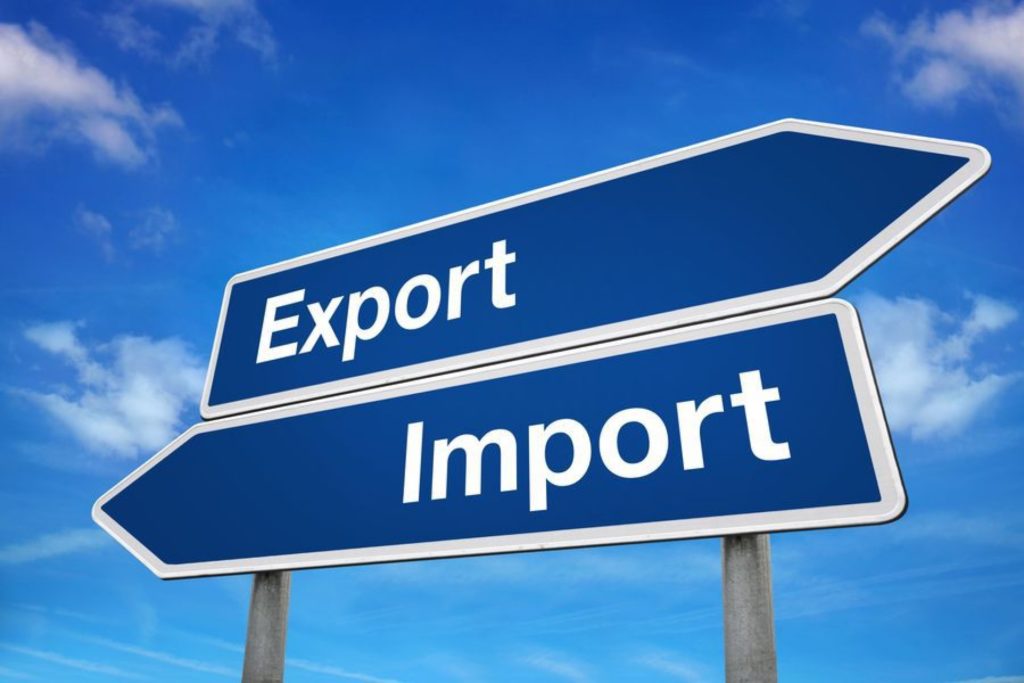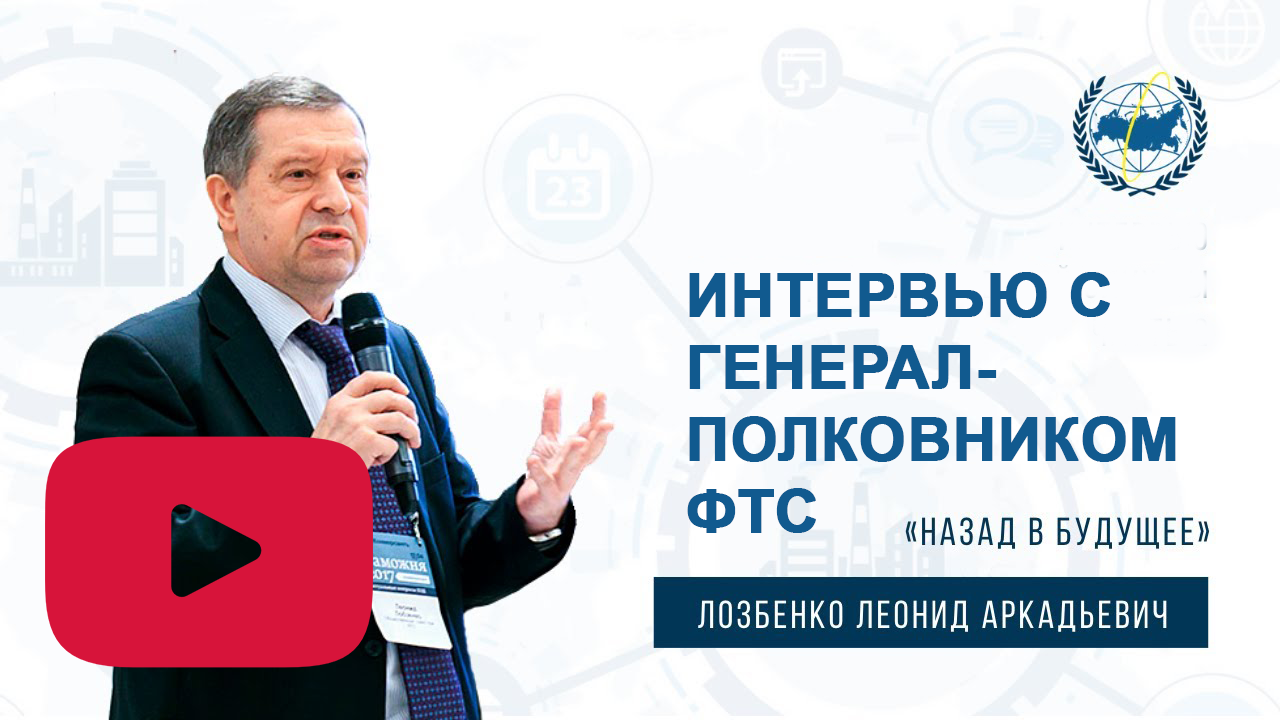
A law has been adopted in Russia that strengthens tax control over prices in foreign trade transactions. It will make it possible to control them not only for exchange commodities with an understandable market price, but also for non-tradable ferrous metals and fertilizers.
On February 17, Russian President Vladimir Putin signed a law on improving the application of transfer pricing (TP) rules, the document was published on the official Internet portal of legal information. Previously, such amendments to the Tax Code were adopted by the State Duma and approved by the Federation Council. After the entry into force of the law (from the beginning of 2022), the tax authorities may receive additional powers to control the prices of foreign trade transactions of Russian companies, follows from the document and the explanations of the consultants.
Control means that the tax authorities check the transaction (for example, for the export of oil) for market prices and can additionally charge the company with taxes and issue a penalty in the event of “non-market” prices. Companies are required annually no later than May 20 to submit a notification of controlled transactions to the tax authorities and prepare documents to confirm that the prices were market prices.
Control over the export of fertilizers and ferrous metals
Now the tax authorities, in addition to mandatory control over transactions of related companies, control transactions between independent parties in the amount of over 60 million rubles. per year, provided that these are transactions with goods “world exchange trade” (wording of the Tax Code), constituting the main articles of Russian exports, namely: oil, ferrous and non-ferrous metals, mineral fertilizers, precious stones and metals.
The list of specific codes of goods (for example, copper cathodes, silver in ingots), which are subject to control in foreign economic transactions of independent companies, is determined by law by the Ministry of Industry and Trade. Currently, this list contains goods from the groups “oil”, “non-ferrous metals” and “precious metals” (gold, silver, platinum, palladium), but there is not a single code from the groups “ferrous metals”, “mineral fertilizers” and “gems”. This is due to the fact that, in practice, there are no exchange trading goods among ferrous metals, fertilizers and precious stones.
The law signed by the President has removed the reference to exchange trading goods – it is now simply about “transactions in the field of foreign trade in goods” from the respective commodity groups (oil, metals, fertilizers, precious stones and metals). Thus, the amendment will make it possible to consider transactions between independent companies as controlled if exchange quotations are not published for goods set by the Ministry of Industry and Trade (for example, mineral fertilizers, prices for which are collected and published by specialized price agencies such as Argus). This change will worsen the business situation, since the Ministry of Industry and Trade can now expand the list of goods for price control, Natalya Valkovskaya, partner and head of the transfer pricing services group at KPMG, told RBC.
This amendment will enter into force in 2022, and the Ministry of Industry and Trade will update the list during 2021. RBC sent inquiries to the Ministry of Finance, the Ministry of Industry and Trade and the Federal Tax Service. RBC also sent inquiries to Uralkali and Eurochem, which produce and export mineral fertilizers, and Evraz, NLMK and Severstal, which operate in the iron and steel industry.
If the Ministry of Industry and Trade expands the list, transactions with new goods, even with independent parties, will be controlled, Natalya Kozlova, partner and head of the transfer pricing group at PwC, explained to RBC. Companies will have to confirm market prices in such transactions, emphasizes Dmitry Kulakov, partner of the Tax and Legal Department at Deloitte. “Potentially, the Ministry of Industry and Trade can include anything in the list. Companies will be in complete uncertainty about what will be included in the order,” Valkovskaya warns.
Facilitating practice for tax officials
Despite the current absence of mineral fertilizers and ferrous metals (such as cast iron, iron, steel) in the list of the Ministry of Industry and Trade, tax authorities still control transactions for the export of these goods between related parties – if, for example, a Russian manufacturer sells goods to an affiliated foreign trader … However, the inspectors face practical difficulties, in particular, to confirm the interdependence of the parties in transactions with foreign traders, which may formally belong to another owner, Kozlova points out.
“In court practice, there are examples when the tax authorities have successfully proven the interdependence in these sectors. But they spend a lot of time collecting evidence,” the expert adds. According to her, the potential expansion of the list of the Ministry of Industry and Trade will facilitate administration and, possibly, increase tax collection in cases where the tax authorities prove that the pricing does not correspond to the market.
It would be important to preserve the attribute “goods of world exchange trade”, because there are objective market quotations for such goods, Valkovskaya emphasizes. “The exclusion of the qualifying feature means that potentially many more goods for which there are no price indicators at all can get under control. As a result, it will be difficult for taxpayers to calculate the market value,” the expert explains.
Actual transaction prices may deviate from those calculated for transfer pricing purposes, for example, based on information from price information agencies, adds Kulakov. “This can lead to the fact that the taxpayer will be forced to pay tax on the proceeds, which actually did not receive,” – he says.
Pricing agreements
In addition to the potential strengthening of tax controls, the law clarifies the process of entering into pricing agreements (PRA) in Russia.
PRA allows you to coordinate the positions of the taxpayer, the Federal Tax Service and the authorized body of a foreign state with which an agreement has been concluded for the avoidance of double taxation, on the procedure for determining prices or applying pricing methods in controlled transactions.
The law suggests:
- allow business to apply the price control method provided for by the legislation of a foreign state;
- allow the conclusion of a PRA without the participation of a competent authority of a foreign state, without paying again the state duty;
- to provide an opportunity not to submit, together with the application for the conclusion of such an agreement, documents that the Russian tax authorities already have;
- prohibit checks on transfer pricing for transactions in respect of which the company has applied for the conclusion of the PRA.
Source: RBC




